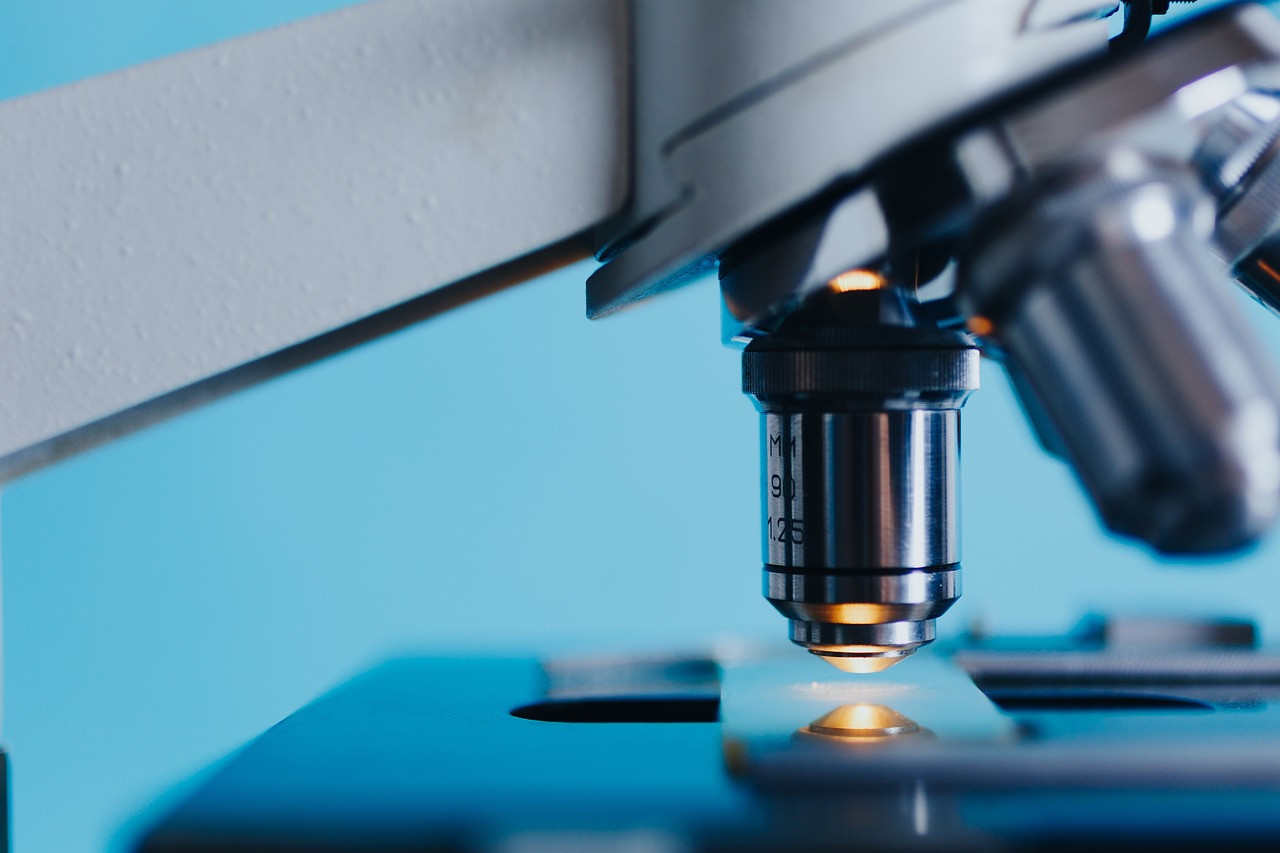Accountability tracks individual contributions in each stage of the production process. It includes documenting who has access to data and processes so that individual actions can be traced back to the source.

GxP is an abbreviation for the good practices required in the food and medical product industries. GxP regulations mandate how products for human or animal use, including medical equipment, cosmetics, tobacco and food products, are developed and manufactured.
Various regulatory bodies around the world create good industry practices and each has its own unique requirements, yet they are relatively uniform to ensure quality and safety in manufacturing processes. They can take several forms depending on the industry, including good laboratory, clinical, and manufacturing practices.
What is GxP Compliance?
GxP Compliance Activities
How iuvo Helps Biotechs Implement GxP
Upgrade Your Research with iuvo
FAQ
Biotech companies must maintain GxP compliance throughout each stage of the product life cycle. It refers to good practices in the research, development and manufacturing of products designed for human use. The "x" is a variable that denotes the industry or a specific stage of the development process. For example, you would use GLP for good laboratory practices or GCP for good clinical practices.
G = Good
x = Variables
P = Practices
Overview of Good Practices
Good practices vary between industries and regions. The specific requirements for a research laboratory will differ greatly from those for a farm or product manufacturer. However, they all focus on safety and security in delivering products, such as medical and food-related products, to consumers. This is done through the holistic and systemic application of quality-control guidelines and rules.
The Food and Drug Administration sets GxP compliance regulations for the pharmaceutical industry in the United States. It also oversees compliance for food producers and manufacturers. Therefore, there is some overlap between the two sectors.
Pharmaceutical GxP focuses on regulations for drugs, medical devices, and medical software. For example, any laboratory data collected and utilized while researching and developing a new drug must be correctly handled and stored according to established good clinical practices. This includes documenting who accesses and alters any stored information. Once manufacturing begins, a new set of regulations become applicable in addition to the ones currently in place.
The FDA enforces Current Good Manufacturing Practice regulations. CGMP requirements are flexible to allow changes as needed. CGMPs for food production are covered in 21 CFR Part 17. Certain specific types of food, including infant formula, bottled water and nutritional supplements, are subject to additional FDA regulations.
Individual Regulators
GxP regulations are established based on several factors; one of those is the country of origin. Regulators include:

Accountability tracks individual contributions in each stage of the production process. It includes documenting who has access to data and processes so that individual actions can be traced back to the source.
Traceability reconstructs the development history of a product. This ensures that each stage of production, from development to manufacturing to release, is recorded and traceable, and therefore reproducible.
Data integrity guidelines ensure the reliability of data generation by identifying:
The most common GxP compliance activities within biotech firms involve the development and implementation of good laboratory, clinical, and manufacturing practices. Additionally, some companies must also adhere to product-specific requirements.
GLP guidelines must be followed when conducting non-clinical studies and animal trials. They require humane treatment of all subjects and laboratory samples. GLP regulations also require strict documentation standards for all associated information.
GCP regulations relate to tests done using human subjects to advance medical science. They require that any potential benefit outweighs the risks associated with testing. Any tests or trials that include human subjects must follow established good clinical practices in an effort to keep experimentation in check. Examples of GCP regulations include making trial participants aware of any tests or procedures and the accompanying risks, and the interests of the individual must always be put before the tests.
GMP regulations set out to reduce risks at every stage of the manufacturing process. Some examples of potential hazards within the pharmaceutical industry include mistagged drugs, improper ingredient storage and variations from key formulas. Any of these could prove dangerous to consumers. Following GMP ensures end products are consistent, safe and effective, that they don't contain harmful or unlisted ingredients and that only minimal deviation from expected standards occurs.
Biotech companies doing business in the U.S. generally must adhere to best practices laid out by the FDA Code of Federal Regulations. Other guiding principles for good manufacturing practices are found in Japan's Act on Securing Quality, Efficacy and Safety of Products Including Pharmaceuticals and Medical Devices and in the EU Pharmaceutical Legislation. These documents provide guidance for establishing a company framework and SOPs.
A GxP compliance checklist is at the heart of any related activities. This document includes information pertaining to every aspect of planning, research, development, manufacturing and storage. A comprehensive checklist will provide in-depth information about:
Maintaining GxP compliance is a complex and involved process that many biotech companies are unprepared to handle alone. iuvo services help biotech firms adhere to GxP, guidelines and regulations.
With extensive experience in the biotech industry, iuvo has the expertise to assist with a range of services, including:
iuvo creates automated systems tailored to each client. The systems produce evidence of compliance, streamlining the auditing process and reducing required labor to monitor GxP compliance.
Life science companies need more than a standard IT provider. They need someone who understands the importance of research data and its integrity. iuvo works with biotechs and other similar companies to develop automated systems, which often include integrated cloud solutions, for streamlined processes.
GxP regulations ensure that safe pharmaceuticals and medical products reach the consumer market. Maintaining GxP compliance involves establishing SOPs and processes that adhere to current industry regulations and guidelines.
iuvo can help biotech companies by designing and building systems to reduce the overall effort to maintain your validated environment.. Contact iuvo to learn more about the benefits of using biotech-specific technology services when developing pharmaceuticals, medical devices and other life science-related products.
A company is GxP compliant when they follow the guidelines and regulations set forth by its regulatory agency. For example, a U.S. biotech company would need to follow all GxP regulations established by the FDA.
GxP helps ensure data integrity in the pharmaceutical industry by establishing procedures for collecting, handling, recording and storing all related data. This aligns with the ALCOA+ principles of data integrity.
GMP refers to a set of standard processes that govern how pharmaceuticals are developed and made. It is designed to address risks that cannot be eliminated by testing a final product.
There are five main components of good manufacturing practices. They are the facility where any manufacturing takes place, the processes involved throughout the product life cycle, the product itself, the people involved, and formal standard operating procedures in place to ensure GMP compliance.



Elegant, white-glove IT Consulting and Managed Services Provider since 2007.
6 Liberty Square PMB 6217 Boston, MA 02109
(781) 722-3200
Hours of Operation: M-F: 8am-6pm